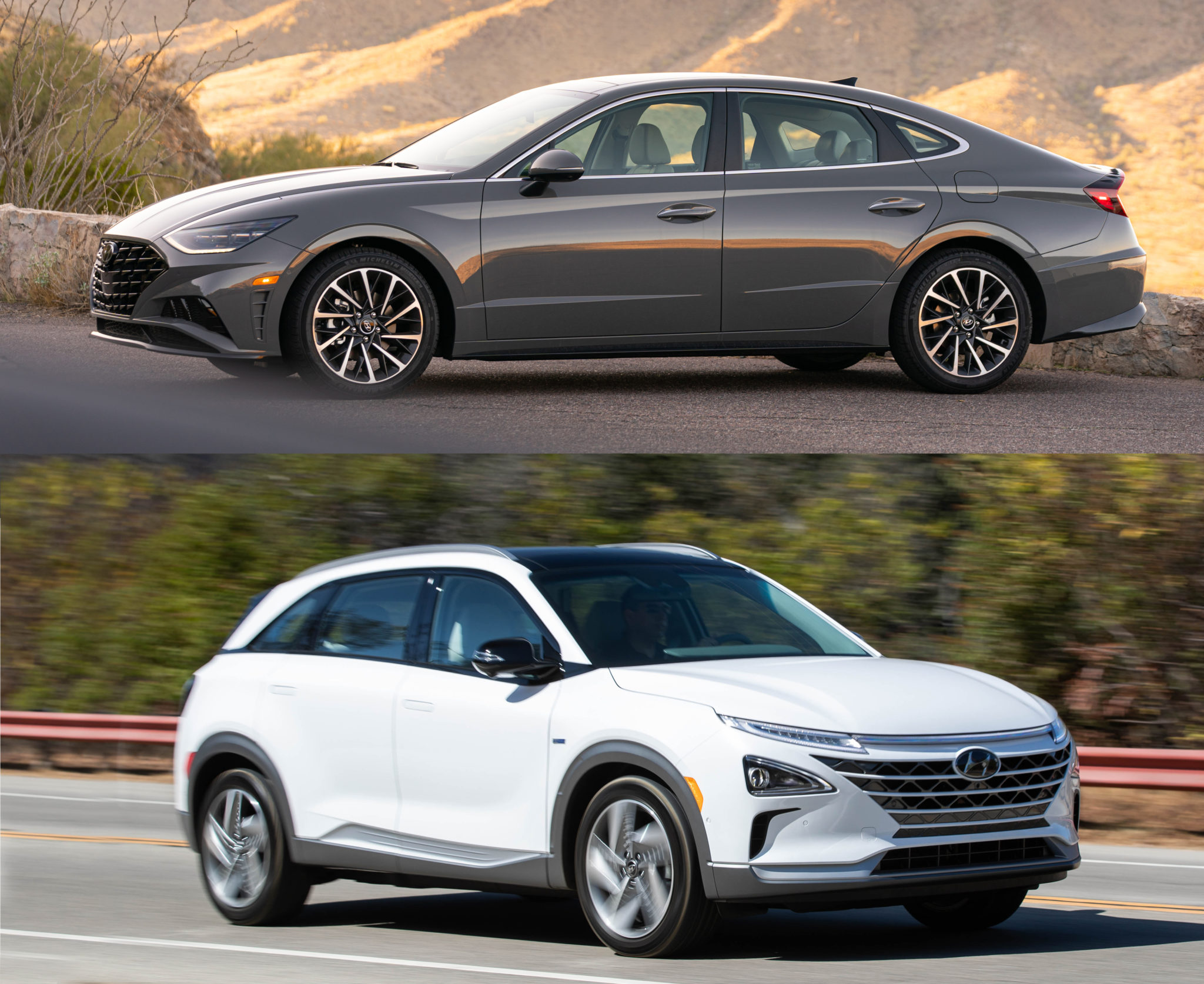
The Hyundai Sonata Limited and the Hyundai Nexo
One of the coolest items that Napleton.news has found on new Hyundai vehicles is the Remote Smart Parking Assist, which helps you to park your car into a narrow spot, wherever you may find one. But Houston, we might have a problem!
Hyundai is recalling more than 11,000 cars and SUVs with the feature, to correct a software glitch that could allow the vehicle, currently limited to the Hyundai Sonata Limited and Hyundai Nexo, to keep moving even if the system malfunctions. The system is designed to have a failsafe automatic stop that activates if there is a malfunction.
The feature is included on certain Sonata Limited and Nexo vehicles. It can move the car into or out of a tight and narrow parking space. A key fob controls these vehicles equipped with the Remote Smart Parking Assist system. With the specific fob, an owner can move the vehicle forward or backward from a perpendicular parking slot, even allowing minor steering adjustments, if needed.
The system operates like this, even without a driver. A driver’s continuous pressure on the keyfob is all that’s required for the system to operate.
The National Highway Traffic Safety Administration (NHTSA) was notified by Hyundai, who said they found the flaw in the parking software during what was called “routine developmental testing,” in February. Hyundai issued a software update for vehicles built from that time onward, although a recall had not been activated for those built before that date.
“The initial discovery in Korea was an anomaly that was extremely rare and difficult to replicate and more investigating was required to determine if it was a problem that needed to be addressed with a recall,” said Hyundai’s Michael Stewart in an email to ConsumerReports.org.
Hyundai’s original reports said a vehicle using the software moved forward without stopping. This occurred while the smart parking feature was utilized. Nobody was injured in the vehicle that was using the original software. The Company is unaware of any crashes or injuries related to the Remoted Smart Parking Assist on vehicles in the U.S.
The vehicles recalled include 2020 Hyundai Sonatas manufactured between October 22, 2019 and March 20, 2020. They join the Hyundai Nexo fuel cell SUV built between August 16, 2019, and February 18, 2020.
Owners of the vehicles in question can take them to any Napleton Hyundai dealership for a software update beginning June 4, 2020. Before that time, contact us with any additional questions you may have. We will be happy to assist you. For the address of the Napleton Auto Group Hyundai Dealership near you, please visit our website.
This post was published on April 23, 2020
Destined for the cutting room floor after model year 2023, the Chrysler 300 makes its… Read More
Napleton Automotive Video Review Maserati Levante Napleton Automotive is loving the Maserati Levante Luxury SUV!… Read More
The Mercedes-AMG SL55 Roadster is something else. Not content to be a standard drop top… Read More
Shopping for a new vehicle with good options at a great price point? Napleton Automotive… Read More
The Kia K5 Sedan, in a world of SUVs, still shines In a world of… Read More
The 2024 Hyundai Ioniq 6 Limited is an iconic (yes, pun intended) electric vehicle from… Read More